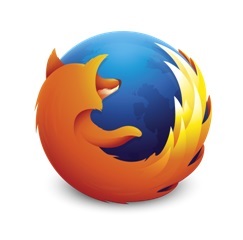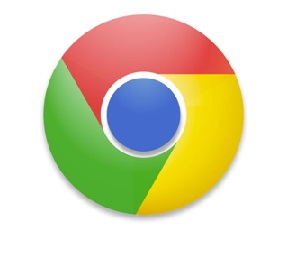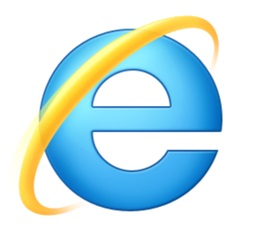Chrome vs. Firefox vs. Internet Explorer – which one is best?
Since Google Chrome’s appearance in ’08, the architecture of browsers has undergone a change. Chrome has brought in a fresh breath of new standards both interms of speed and design. But that was then, in 2014 – however, key competitors of Google Chrome – Firefox and Internet Explorer have upped their game. All of the browsers now provide more-than-adequate support for the new HTML5 standard for website coding. Besides that, page-rendering speed, extension support, customizability, browsing helps like bookmark and tab managers, privacy, and security features have reduced the gap between the three top contenders, which has only benefitted consumers.
Our favorite pick is Firefox. Lets take a look at what features sets are offered and why we Firefox is best.

Firefox
Pros
Beautiful new design.Tons of new standards support.The most customizable browser. Good security and privacy. Strong performance. Good security. Cross-platform. Social network integration via API. Syncing. Built-in PDF viewer.Independence from large data-mining vendors.Host of developer tools.
Cons
Lacks integrated Flash support. No 64-bit version. No modern Windows 8 version. Does not support syncing for iOS devices.
Bottom Line
Firefox has upped its game, with a great new look, fast performance, ingenious navigation features, and innovative Web technologies.

Chrome
Pros
Fast. Voice search. Leading support for HTML 5. Good security. Syncing. Built-in Flash player and PDF reader.
Cons
No longer the fastest browser on several benchmarks. Do Not Track privacy feature is buried and discouraged. Occasional minor site incompatibilities.
Bottom Line
Chrome is still a powerful piece of software, though it no longer enjoys a strong lead on the competition in terms of speed or design.

Internet Explorer
Pros
Faster and more standards-compliant than ever. Minimal interface. Excellent security and privacy features. Site pinning for frequently used Web applications. Graphics hardware acceleration. WebGL and SPDY support.
Cons
No syncing. No WebRTC support. Only installs on Windows 7 and 8.1.
Bottom Line
This is not the Internet Explorer of five years ago: IE11 is fast, compliant and sports a lean design

